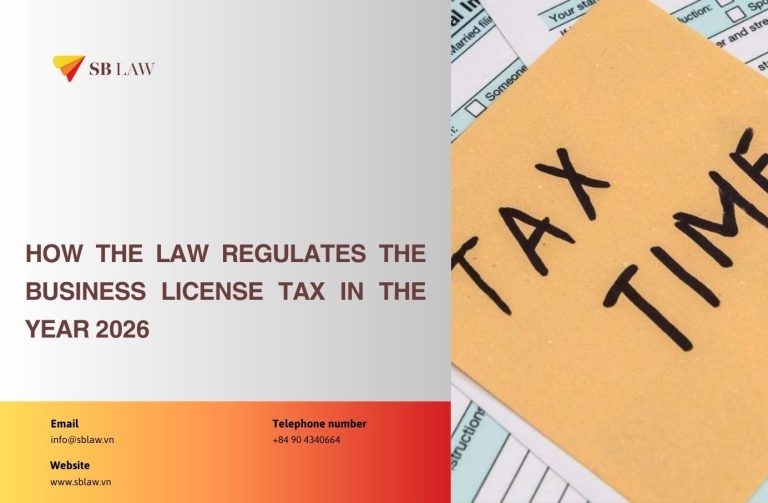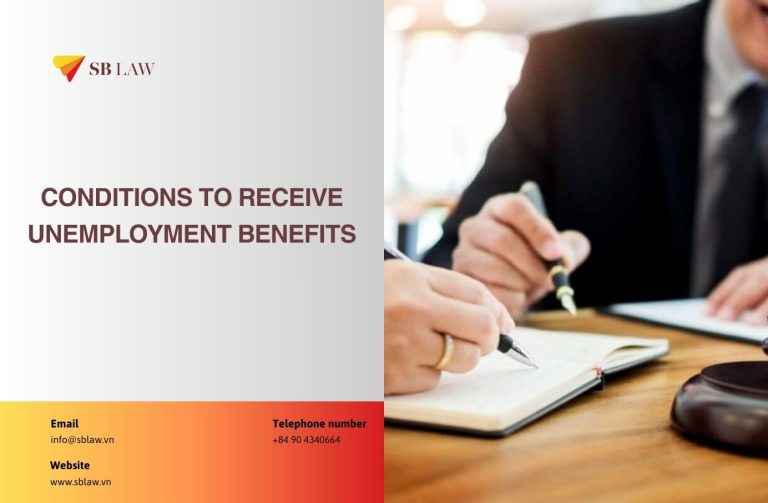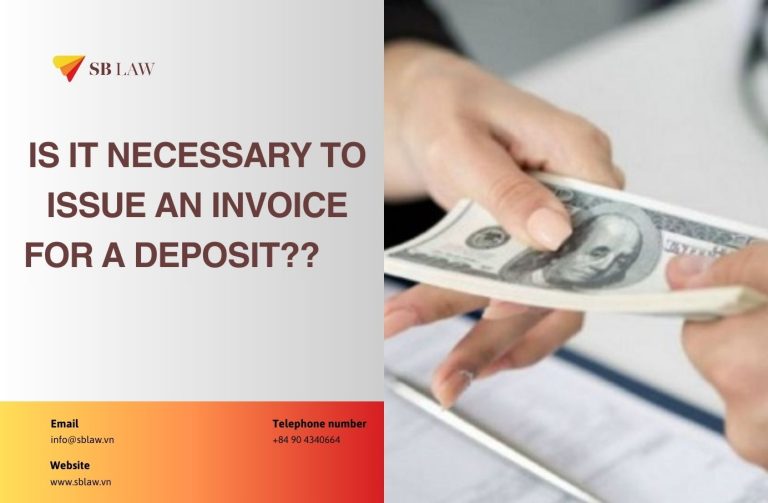Question:
Our company’s working days are from Monday to Friday. We have an employee who will resign on February 17, 2025. In February, this employee worked full-time. I would like to ask whether the company is required to pay social insurance for this employee?
Answer:
According to the provisions of Article 42 of the Procedure issued together with Decision No. 595/QD-BHXH in 2017 and Clause 5, Article 33 of the 2024 Social Insurance Law, an employee who does not work and does not receive salary for 14 or more working days in a month is not required to pay social insurance for that month.
At the same time, this period will not be counted for social insurance benefits, except in the case of maternity leave.
Thus, employees who do not work for 14 or more days in a month and do not receive salary will not have to pay social insurance, including the following cases:
-Employees who do not work and do not receive salary for 14 or more working days in a month are not required to pay social insurance for that month. This period is not counted for social insurance benefits.

Exception: The employer and the employee may agree to continue paying social insurance for that month based on the social insurance contribution of the most recent month.
In the case of the first month of work or the first month returning to work, if the employee is on sick leave for 14 or more working days in that month, social insurance must still be paid for that month.
Employees on sick leave for 14 or more working days in a month in accordance with the social insurance law are not required to pay social insurance, health insurance, unemployment insurance, occupational accident and disease insurance, but they are still entitled to health insurance benefits.
-Employees on maternity leave for 14 or more working days in a month are not required to pay social insurance, unemployment insurance, occupational accident and disease insurance. This period is counted as social insurance contribution time, but not for unemployment insurance, and the social insurance agency will pay health insurance for the employee.
In this case, the employee will end employment on February 17. Based on the company’s working schedule (Monday to Friday), the number of days the employee does not work and does not receive salary is 10 days. Therefore, the company is still required to pay social insurance for the employee.
Consultation: Labor and Employment Services




